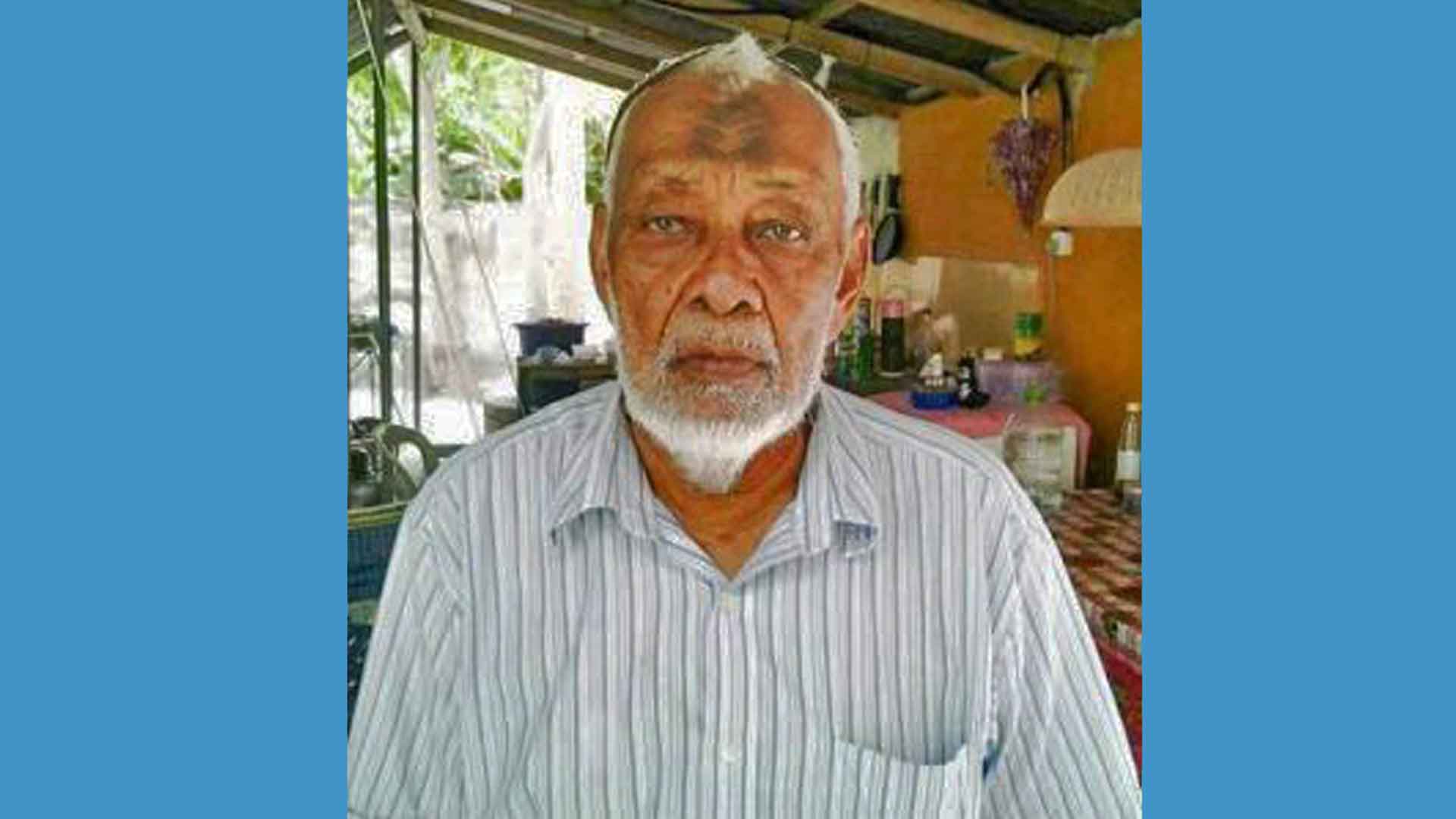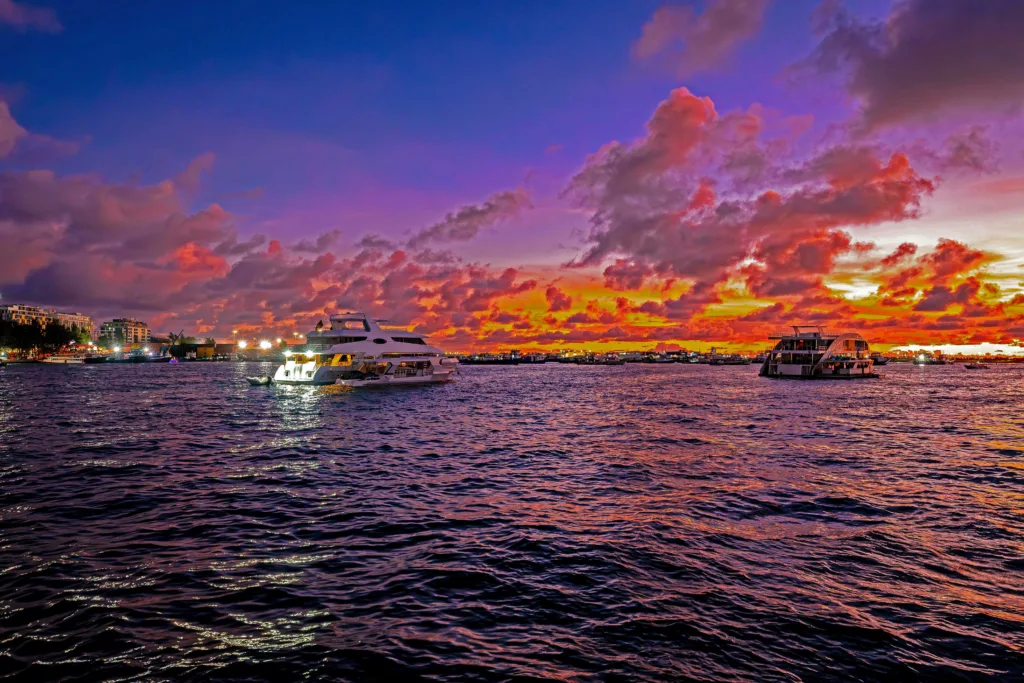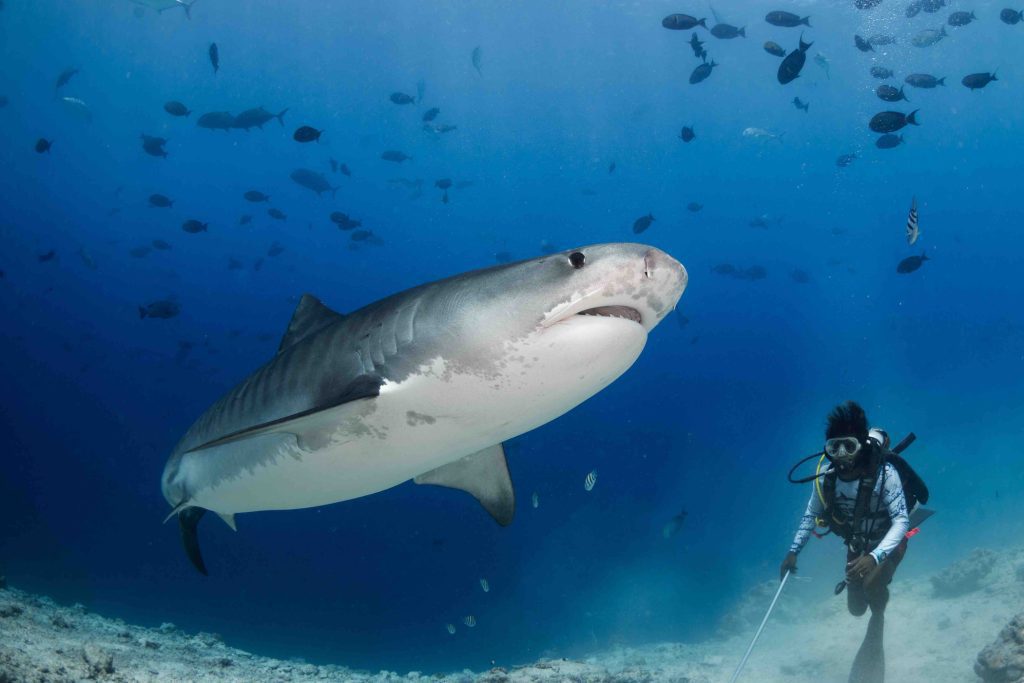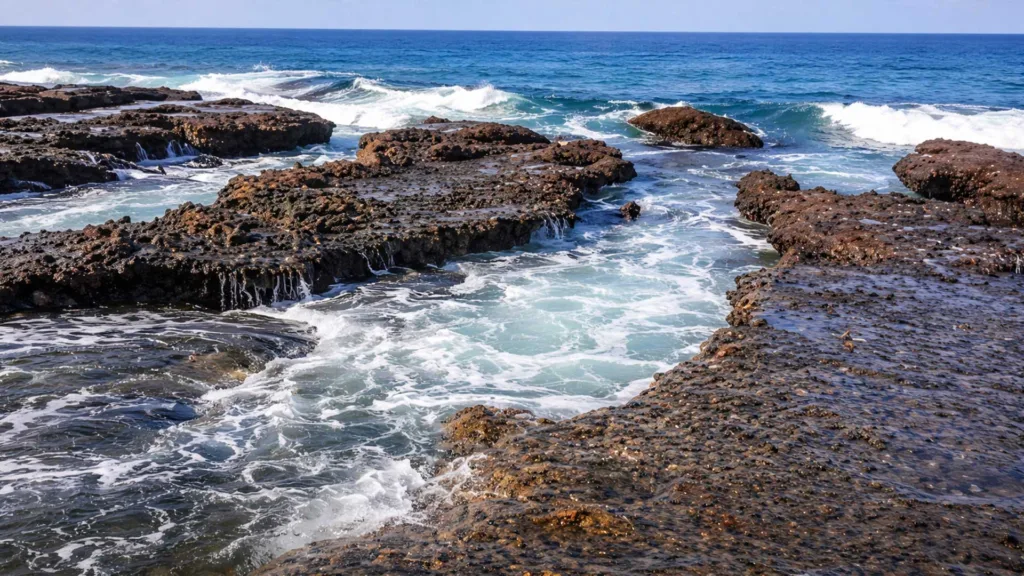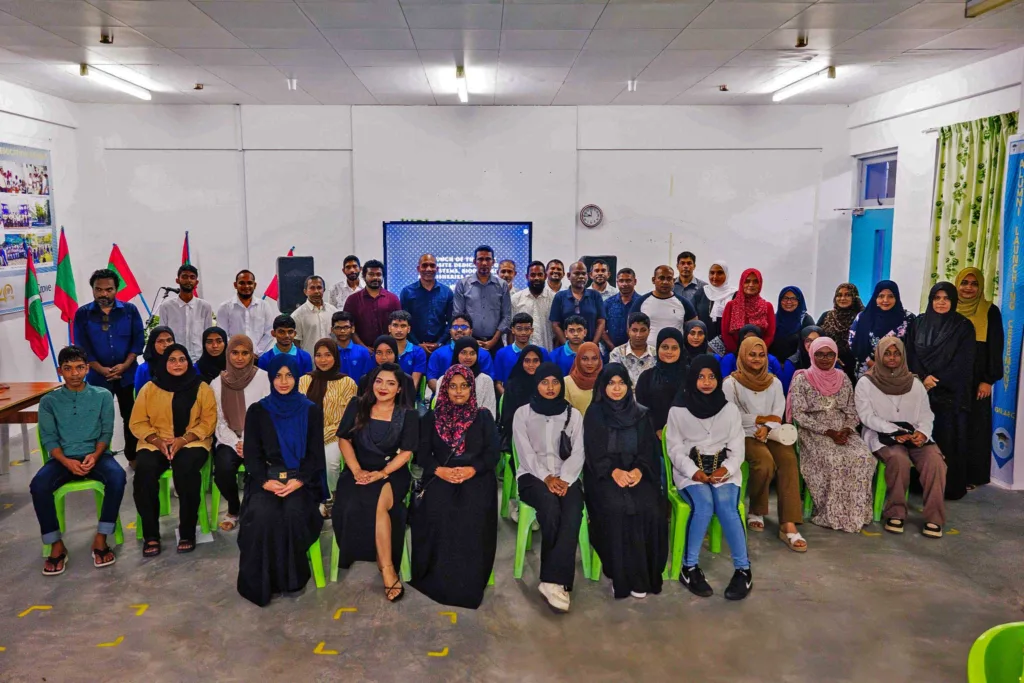
The world was armed with nuclear weapons in the 1950s. Even though World WarⅡended, humanity was in a state of fear after the nuclear attack on Japan. Imperialism dominated the world. Disputes shattered nations and disunited people of same race and creed.
The world war with multi-faceted disputes lead to the death of millions of people. The island nation of Maldives was also in a state of internal political disputes. Many blamed the then government for injustice and tyranny. Daring attempts to seek justice and freedom by the inhabitants of the Southernmost three atolls – Addu atoll, Huvadhoo and Fuvahmulah – sent shockwaves to the central government of the Maldives.
To defy and crush the true cause of these daring people, the central government sent troops armed with weapons. However, this threat did not change the determination of the freedom fighters. And community leaders rose to the occasion. They defied against tyranny, leading the community to fight the autocratic regime. One of the daring leaders was the late Abdurahmanbe of Dhiguvaandu ward of Fuvahmulah. He was a commanding figure from this beautiful and enigmatic island.
On 13th March 1959, Huvadhoo atoll and Fuvahmulah broke away from the sovereign authority of the Sultan of the Maldives and joined Addu atoll to form the United Suvadive Republic. After declaring independence and ceding to Addu, the people of the three atolls were living a normal life. The main reasons behind the great uprising and breakaway from the central government was due to lack of basic rights, basic needs, injustice, and severe trade restrictions. The central government could not tolerate this move: it decided to crush the movement and the true cause of it.
It was a customary day for the people of Fuvahmulah. At around 2pm, a young man broke the silence of this isolated island. He came running through the narrow roads and pathways of Dhiguvaandu ward. He stopped at Veyregamige household of Dhiguvaandu ward. He shouted at Abdurahmanbe who was in a yam field near that house. “Abdurahmanbe, Abdurahman be! There is a boat from Male’. They are armed.”
It was a boat deployed from Male’ – an attempt to land Maldivian government officials on Fuvahmulah. After hearing the news, Abrurahmanbe, who was cutting yams, kept his knives on feeshigando (land mass in yam fields) and ran towards anbul, an anchorage area in Hoadhadu ward. While rushing towards the beach, he informed the nobles and other community members in Dhiguvaandu and Hoadhadu ward. And came Abdurahmanbe.
When they reached anbul, a boat was stationed offshore of the island. “Collect hathaa-rocks,” Abdurahmanbe commanded. Everyone on the beach collected rocks to throw at the enemy. And they threw the rocks as far as they could. The islanders confronted the forces sent from Male’ with sticks and stones when they tried to come ashore.
All of a sudden, gunshots roared the island. The soldiers in the boat were firing at the island. “Throw.” Abdurahmanbe and noblemen backed the united and fearless crowd to throw the rocks. People threw the rocks at the enemy soldiers and it was like rain showers coming from the sky. Abdurahmanbe and the nobles in the island had made sandbanks around the anchorage area to hinder the central government forces from attempting to invade the island. The sandbanks prevented the rifle fire from being more effective.
The batheli, an ancient sailing vessel, which was accompanying the mother ship, tried to navigate towards the island. But it could not get into the reef flat to reach the island. It was low tide. The vessel was swinging at the edge of the reef crest. People caught a transitory view of this small vessel that was stuck at the reef edge and they stormed it with rocks. Soldiers in the vessel tried to aim the guns at the crowd. But fortunately, they could not aim the guns due to tripping and waviness of the vessel.
During the islanders’ assault, Abdurahmanbe saw a man named Dheylige Mohamed Manik, who was lying on the ground. “I thought he was hiding to protect himself from gunshots fired from the boat. But there was pool of blood under his body. Then I noticed that a bullet had hit his forehead.” Abdurahmanbe described the incident of the first causality during the attack by the enemy forces.
The brutal armed attack on one of their island warriors ignited more resistance and aggressive attacks from the people on the beach. The united people defied with sheer courage. Abdurahmanbe and the nobles on the beach ordered to knot the batheli using a rodho – a strong rope used to catch predatory fish, such as sharks, sail fish, etc. A group of people ran down the fore reef to execute this operation to pull the vessel and to apprehend the soldiers. Unfortunately, the soldiers on the batheli managed to escape from the dreadful trap at the reef crest. The natural reef formation around Fuvahmulah is mysterious and really dangerous. The island is pounded continuously by huge waves at high tide. This natural phenomenon proved fearful for the enemy forces. And it made them leave the island.
Then after firing few shots at the island, including Maa Miski (a mosque near the beach), the boat and the batheli sailed away. The enemy headed towards the fishermen who were fishing around the Raazuva Faru (a famous long reef located at the southwest of Fuvahmulah). But knowing the enemies would approach them, the lionhearted fishermen rowed their bokkuras, a small fishing vessel, through Raazuva Faru and successfully reached the beach of Dhoodigan ward. The enemies were not able to apprehend them. And then the enemy vessels departed.
This is one incident Abdurahmanbe was engaged in actively during the great uprising of the southern three atolls. There are numerous incidents. In one incident, he led the islanders to arrest the central government soldiers in Fuvahmulah. The islanders arrested the soldiers and sent them to Addu. Then they took control of Fuvahmulah. My cousin Ismail Rafeeq, through a website, will bring more accounts of these incidents. I thought of writing this article in the memory of late Abdurahmanbe. I was able to write this article with the help of an interview of Abdurahmanbe that I took in the year 2016 on the request from my cousin Ismail Rafeeq for one of his social projects. Abdurahmanbe left a legacy of courage and bravery. He was a religious, friendly, and kind human being. May Allah bless his soul.
